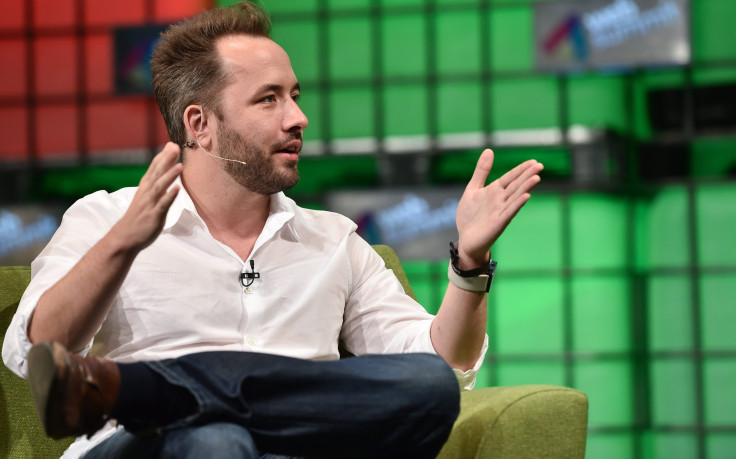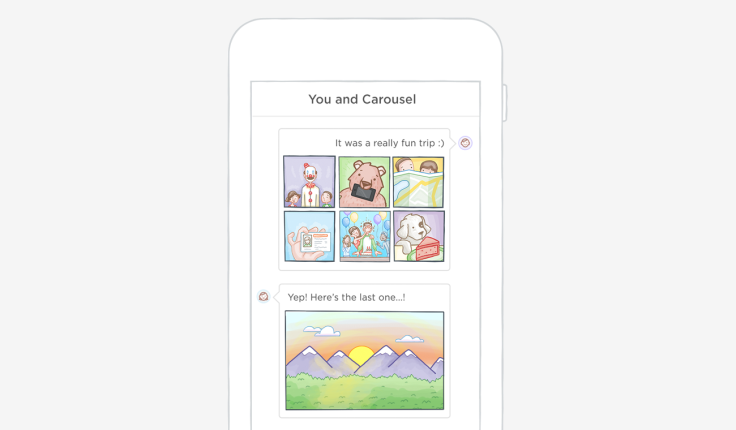Dropbox To Shut Down Struggling Carousel, Mailbox Apps

Dropbox will be shutting down its Carousel and Mailbox apps come early 2016, the company announced Monday morning. The closure of these smartphone apps is a major blow to the tech unicorn, which has struggled to grow beyond selling cloud storage, something many say is now a commodity.
The San Francisco-based company paid about $100 million for Mailbox in 2013 and launched Carousel in 2014 in hopes of giving users better ways to be more productive, and help them simplify email and better organize their photos. But the two apps struggled to maintain popularity with users, and each one ranks outside the top 200 for their respective categories on the Apple App Store, according to App Annie.
"To our Carousel and Mailbox users, thank you for embracing these products -- and we’re sorry," Dropbox said in a blog post Monday. "It’s not easy to say goodbye to products we all love. But ultimately, we think this increased focus will help us create even better experiences for you in the months and years to come."

Dropbox said it will close Mailbox by the end of February and do the same with Carousel by the end of March. The company said it plans to fold several of the features from Mailbox and Carousel into the main Dropbox digital-storage app. Additionally, Dropbox said it plans to increase its focus on Paper, its text-editor product that was released in October.
Though ending Mailbox and Carousel allows Dropbox to stop wasting time on products no one uses, their failures could hamper the company's ability to justify its pricey valuation, last reported at $10 billion.
For Dropbox, it is critical that the company evolve beyond simply selling storage space, which is a practice that becomes cheaper almost every time Apple or Google holds a keynote. This is the same obstacle that has plagued cloud-storage rival Box, which went public in January and now trades at nearly 43 percent below its opening price.
© Copyright IBTimes 2024. All rights reserved.












